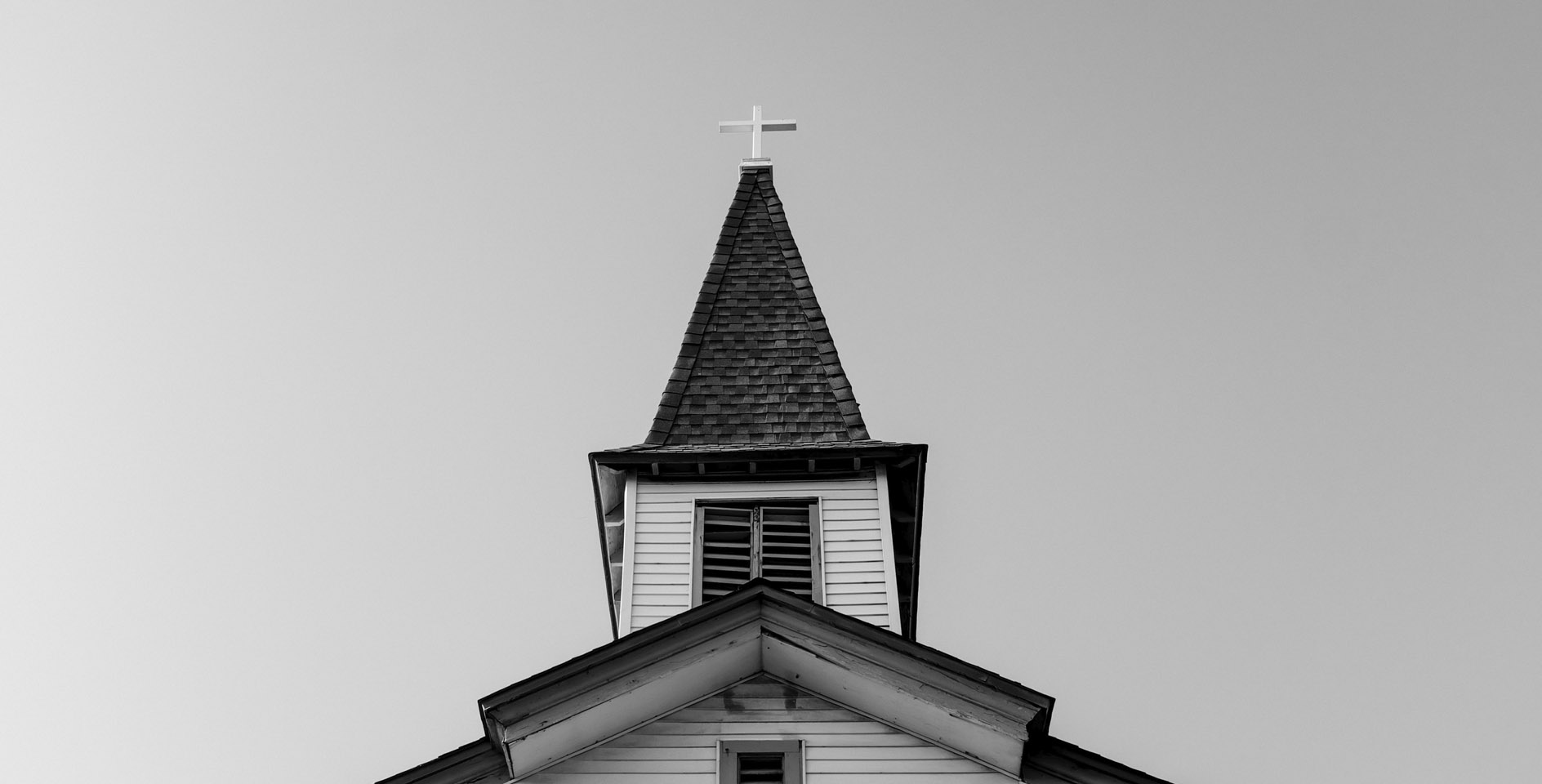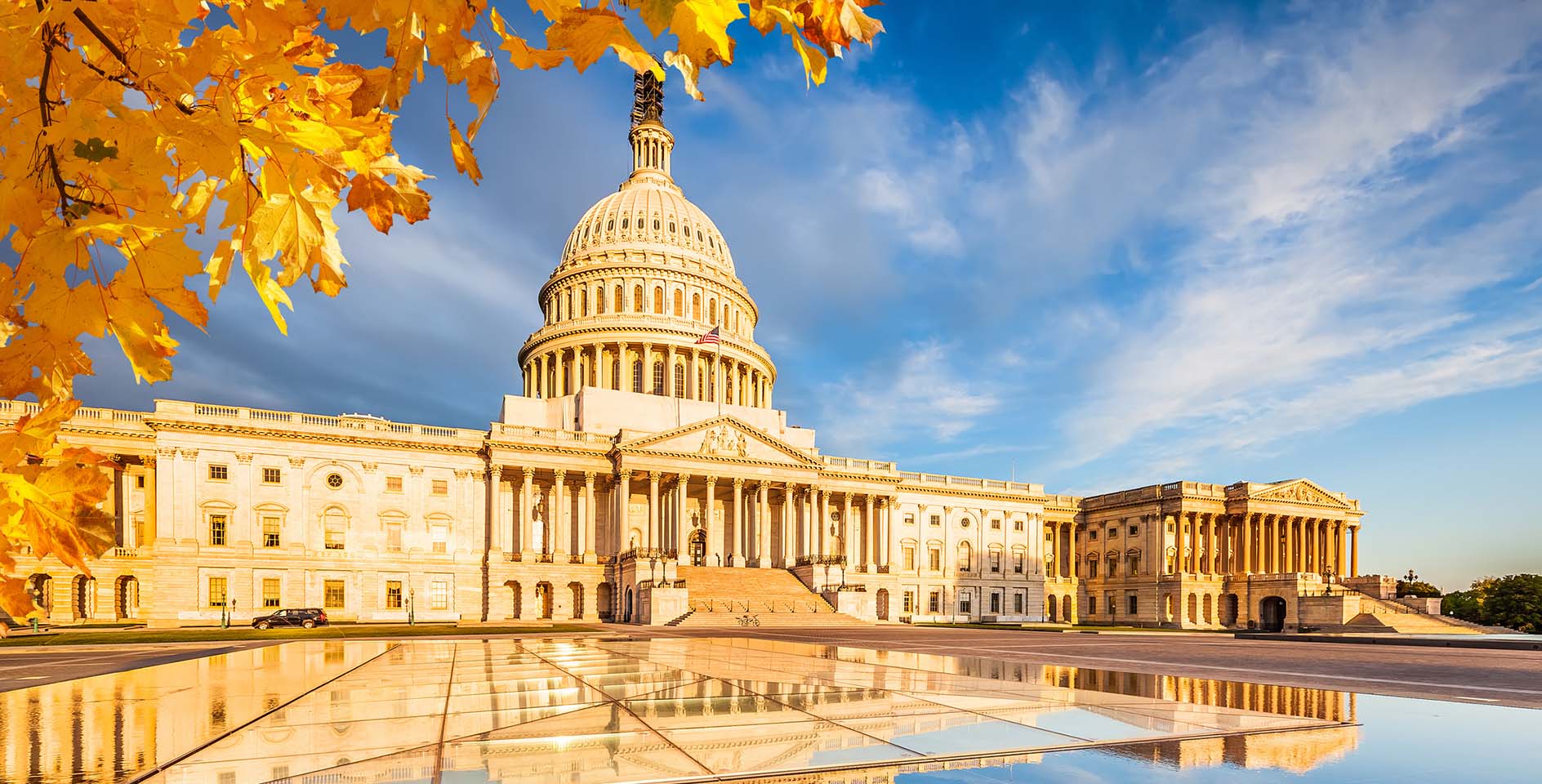“Separation of Church and State” is one of the most misunderstood phrases is modern political discourse. Yet, it is also a phrase with deep roots in Baptist tradition and one that we, as Christians, should have a healthy understanding of as we seek to engage in the public sphere.
Origins of “Separation of Church and State”
The phrase “separation of Church and State” originates in a letter that our third president, Thomas Jefferson, wrote to the Danbury Baptist Association of Connecticut in 1802. Understanding the background of this letter is key to understanding the meaning of this infamous phrase.
Despite fleeing to the New World to escape religious persecution in Europe and seek religious liberty, many of the settlers of the early colonies did not extend religious freedom to minority religions. During the 17th and 18th centuries, it wasn’t uncommon for local governments to levy taxes on citizens to support local clergy. In a society where there were many people of various religious persuasions (mostly Protestant denominations), the question then became, “Whose clergy will be funded through taxation?” In the Congregationalist-dominated Northeast, it was usually a Congregationalist minister. In other parts of the country, the Church of England held sway. Thus, minority denominations such as Baptists and Quakers were left being forced to pay taxes to support religious beliefs that they disagreed with. Many who refused had their property confiscated or were beaten, hanged, or jailed.
Fast-forward to 1801, after the formation of the United States government and the ratification of our Constitution and the First Amendment. Thomas Jefferson had won the election of 1800. The Danbury Baptist Association was worried that the Constitution did not go far enough in protecting religious minorities from the overreaches of government. They wrote a letter to Jefferson, urging that the same mistakes of the past not be made, that “no man ought to suffer in Name, person or effects on account of his religious Opinions—That the legitimate Power of civil Government extends no further than to punish the man who works ill to his neighbour.”
Jefferson wrote in response,
“Believing with you that religion is a matter which lies solely between Man & his God, that he owes account to none other for his faith or his worship, that the legitimate powers of government reach actions only, & not opinions, I contemplate with sovereign reverence that act of the whole American people which declared that their legislature should "make no law respecting an establishment of religion, or prohibiting the free exercise thereof," thus building a wall of separation between Church & State.”
Jefferson, quoting the First Amendment to the Constitution, sought to reassure the Danbury Baptists that what was written was sufficient to protect their rights and that he was a friend to their cause.
Thus, it’s fair to say that Founders like Jefferson meant for some kind of separation between church and state to be present. The government could not establish a state-sponsored religion, but neither could it prohibit others from freely practicing their own religion. However, it’s also fair to say that opponents of religion in the 20th and 21st centuries have misused this phrase to try and separate religion from the public sphere far beyond what was originally intended.
What does the Bible say?
Scripture also supports the principle of separation of church and state (properly understood). It was these principles which informed early Baptist leaders such as John Leland and Isaac Backus and eventually lead to the passage of the First Amendment.
First, separation of church and state means that, at an institutional level, church and government are separate entities. Jesus spoke about this in Matthew 22:21 when he said, “Therefore render to Caesar the things that are Caesar's, and to God the things that are God's,” thus making a clear delineation between the “things that are Caesar’s” (the government’s) and the “things that are God’s.” Likewise, Jesus spoke of his Kingdom not being of this world (John 18:36) while simultaneously acknowledging through Paul that earthly government is established by God for our good. (Rom. 13:1-7). Jesus remains sovereign over both institutions (Matt. 28:18) until such time that he returns to rule and reign in the eschaton (Rev. 11:15). In the meantime, he gives both church and government differing tasks.
The key difference we see between the function of the church and the state comes through the use of the power of the sword. God has given government the power of the sword to punish the wrongdoer in civil matters (Rom. 13:4). The church does not have such authority (Matt. 26:51-56). On the other hand, the church can exercise church discipline in judging matters of doctrine and heresy but not the state (1 Cor. 5:1-13). Thus, there exists a healthy separation of church and state, both institutionally and functionally. This is crucial to the mission of the church, which is the preaching of the gospel. We cannot bring about conversion through the power of the sword vested in the state. Only through the power of God’s Spirit can someone be brought unto saving faith in Jesus Christ. “For though we walk in the flesh, we are not waging war according to the flesh. For the weapons of our warfare are not of the flesh but have divine power to destroy strongholds.” (2 Cor. 10:3-4)
Practically, this works out much as it is articulated in the First Amendment to the U.S. Constitution. No religious institution is privileged above another, neither is religion privileged above nonreligion. Similarly, the government does not prohibit the free exercise of someone’s faith.
What it doesn’t mean
Though we see that separation of church and state is a valid concept, our modern secular society has come to incorrectly understand this phrase to mean either a separation of morality from lawmaking or a separation of religiously informed opinion from the lawmaker. Both of these are mistaken.
As people of faith, let us seek to engage the public square in a way which is winsome and accords with God’s Word, being mindful of the boundaries which God has established between church and state.
First, separation of church and state does not mean a separation of moral reasoning from public policy. Such a goal would be futile. The process of lawmaking is moral by its very nature. A law is instituted because of an ought. This ought to be done because of such and such, or this ought not to be done. The government’s use of coercion would lack any justification without a moral foundation behind the laws which it enforces.
Second, separation of church and state does not mean a separation of religiously informed moral reasoning from public policy. It’s often said that religious people who run for office need to check their religion at the door before they make policy. Historically, this would have made no sense to our Founders, most of whom were religious. Philosophically, this also faces issues. Whether secular or religious, everyone brings moral presuppositions to the table. Religious people should not be told to check their beliefs at the door simply because they are religiously based. This smacks of an arrogance which most would not want to be accused of. Everyone, whether religious or secular, should have the freedom to publicly or privately make the case for laws which they believe should be passed.
As Christians, we understand that government ought to be secular in the sense that it does not favor one religion over another. Nor should it favor religion above nonreligion (or vice versa). Yet, a government that seeks to use secular moral reasoning alone will soon find itself adrift amid the sea of ever-changing public opinion. A transcendent moral law is needed which can ground the human and political rights that we cherish today. This is, ultimately, the reason why we allow our political conscience to be properly informed by our faith.
Separation of church and state, properly understood, is a foundational principle which secures the rights and privileges of all citizens under a government and ensures that both government and church function according to their God-given roles. As people of faith, let us seek to engage the public square in a way which is winsome and accords with God’s Word, being mindful of the boundaries which God has established between church and state.










